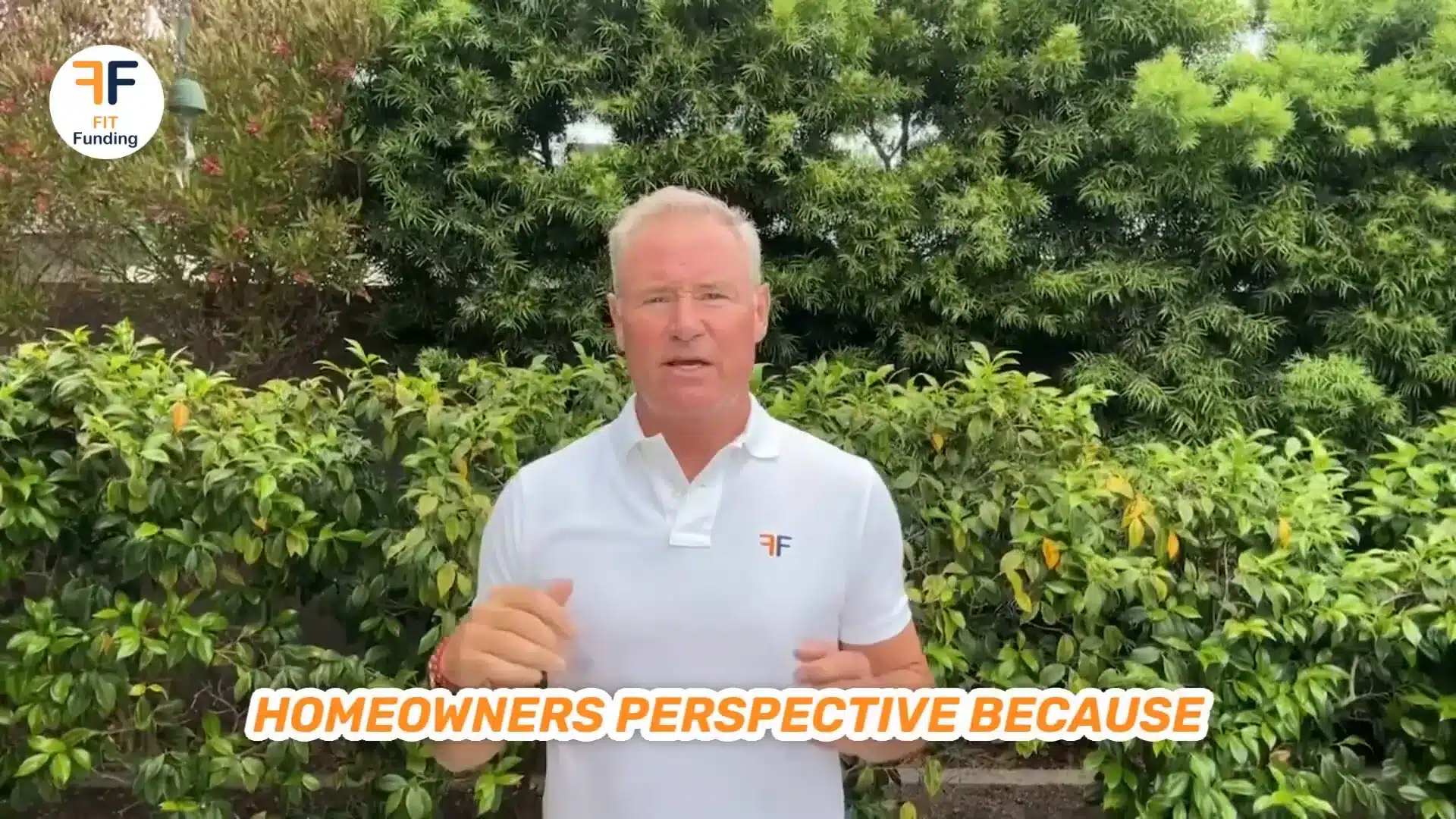I’m Jay Talbert, founder of Fit Funding, here to unpack a major development that could reshape the US housing market: the potential privatization of Fannie Mae and Freddie Mac. Whether you’re a homeowner, a prospective buyer, or just curious about the future of mortgage financing, it’s critical to understand what these government-sponsored entities (GSEs) do and how their future could impact mortgage rates, taxpayers, and the broader housing ecosystem.
In this article, I’ll break down the pros and cons of Fannie Mae and Freddie Mac returning to private hands, and what that could mean for you. Let’s dive in.
Table of Contents
- Pros and Cons of Privatizing Fannie Mae and Freddie Mac 📊
- Understanding Fannie Mae and Freddie Mac’s Role 🏡
- Impact on Homeowners 🏠
- What It Means for Taxpayers 💰
- Broader Housing Market Implications 🌍
- Balancing Innovation and Stability ⚖️
- Conclusion: What’s Next for Fannie Mae and Freddie Mac? 🔮
- Frequently Asked Questions (FAQ) ❓
Pros and Cons of Privatizing Fannie Mae and Freddie Mac 📊
| Pros | Cons |
|---|---|
| Potential for greater innovation in housing finance | Loss of government-backed guarantees |
| Increased competition among lenders | Possible higher mortgage rates for borrowers |
| Efficiency gains from private sector management | Stricter loan approval criteria, especially for first-time buyers |
| Could benefit well-qualified borrowers over time | Increased risk and volatility during economic downturns |
| Less taxpayer exposure to financial risk | Potential reduction in liquidity, shrinking loan options |
Understanding Fannie Mae and Freddie Mac’s Role 🏡
Fannie Mae and Freddie Mac are the backbone of the US housing finance system. You may have heard their names even if you’re not deeply involved in real estate or mortgages. These government-sponsored entities buy home loans from lenders and guarantee them, which keeps mortgage markets liquid and accessible for millions of Americans.
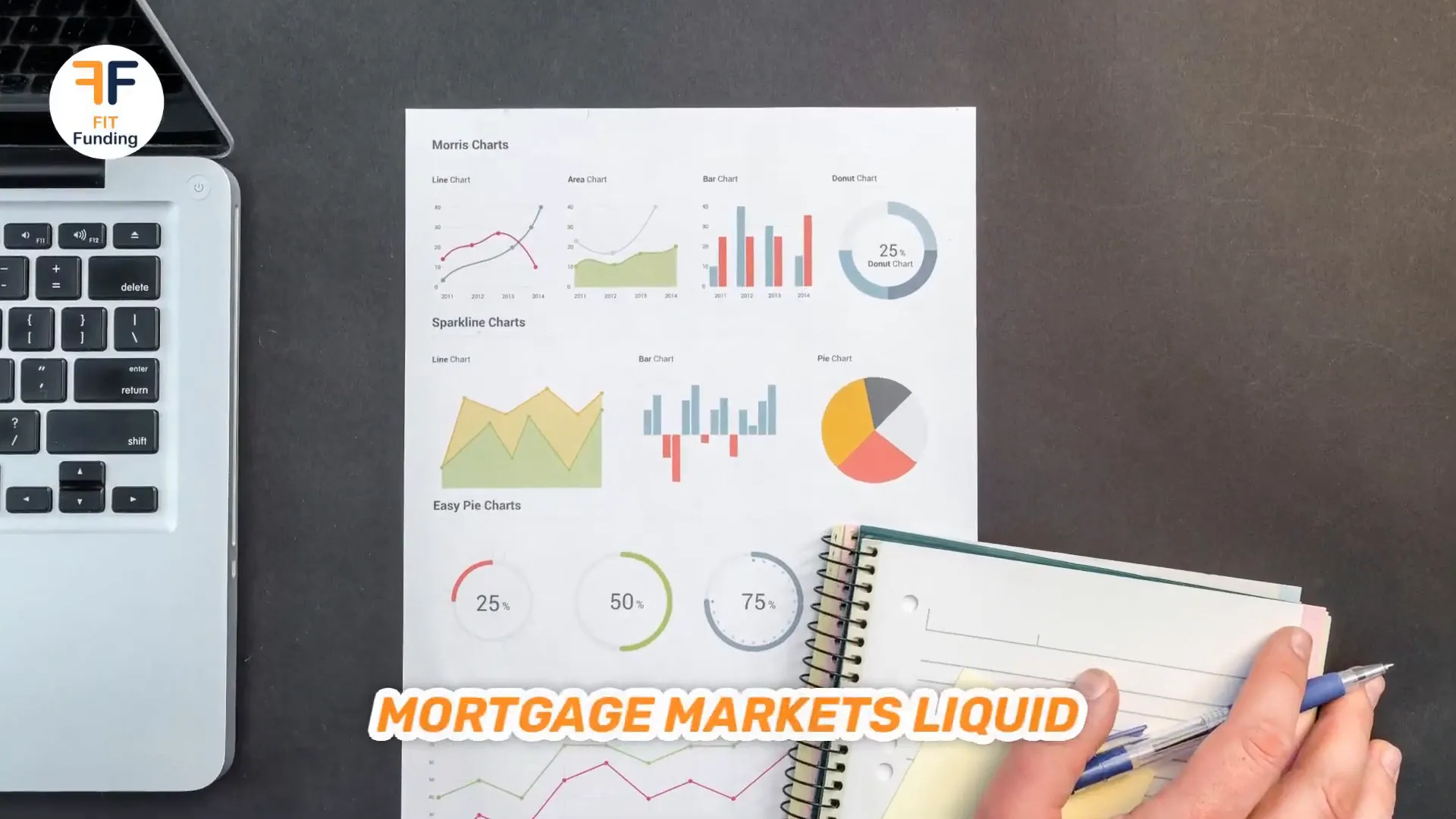
Since the 2008 financial crisis, both have been under federal conservatorship, meaning the government controls their operations tightly. This arrangement has left many wondering if and when they’ll return to independent, private status.
The debate is heating up again: Should these entities be privatized, or should they remain under government oversight indefinitely? Advocates for privatization argue that freeing Fannie Mae and Freddie Mac from government constraints could spark innovation and competition in the housing finance market. But there are significant concerns about what this means for the millions of homeowners who rely on their guarantees to secure affordable mortgage rates.
Impact on Homeowners 🏠
Let’s start with the homeowner’s perspective, which is what we focus on at Fit Funding. Right now, Fannie Mae and Freddie Mac provide an implicit government guarantee that helps keep mortgage rates stable and loans affordable.
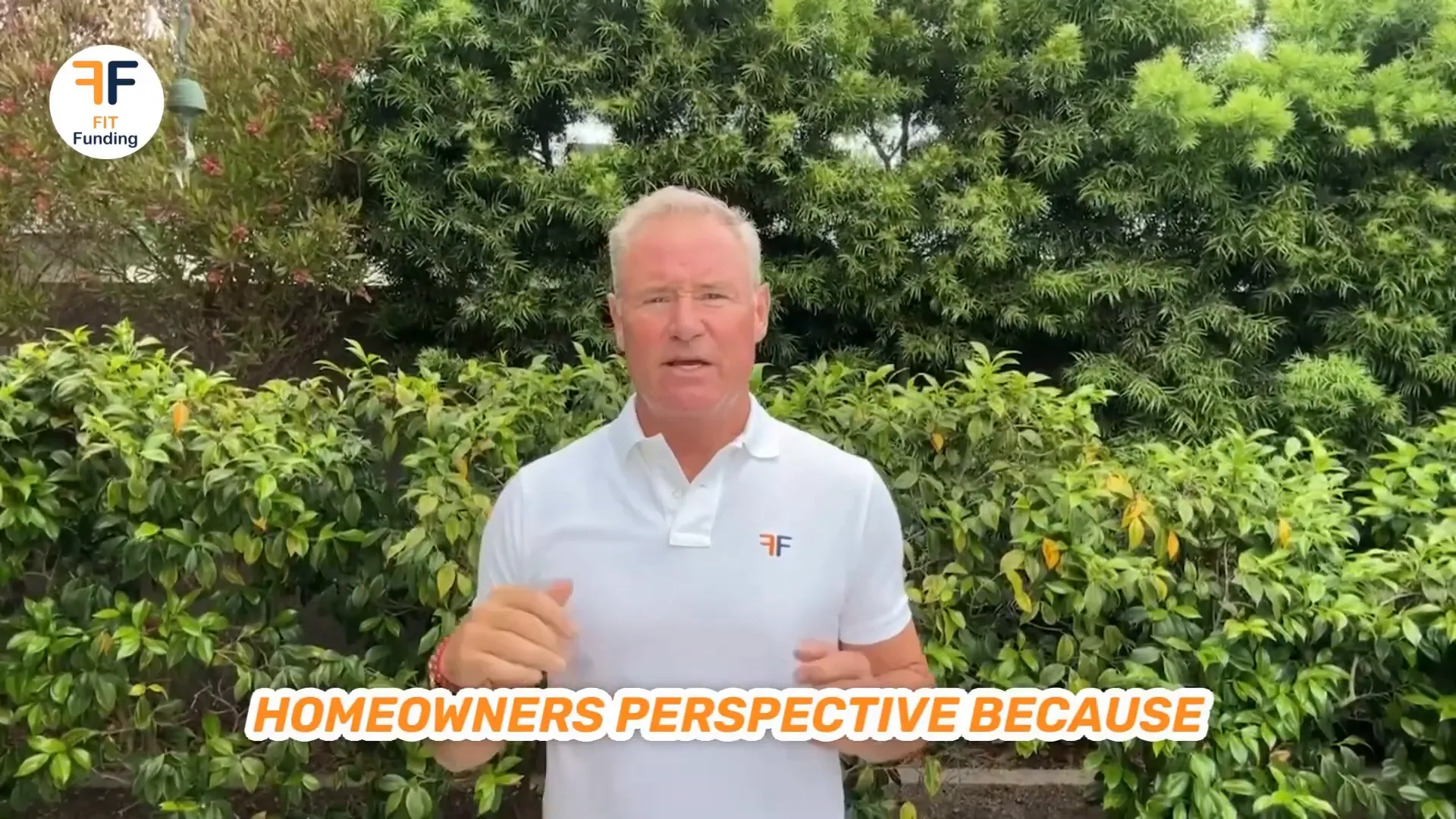
If these entities were privatized, that government backing would disappear. Instead, guarantees would likely rely on private equity or market-driven mechanisms. While some experts believe this could lead to greater efficiency, it might also push mortgage rates higher and make loan approvals stricter.
This could hit first-time homebuyers and families looking to refinance the hardest, potentially making homeownership less accessible for many Americans.
What It Means for Taxpayers 💰
Privatization also has big implications for taxpayers. Since 2008, any risks Fannie Mae and Freddie Mac take on are ultimately absorbed by the government—and by extension, taxpayers.
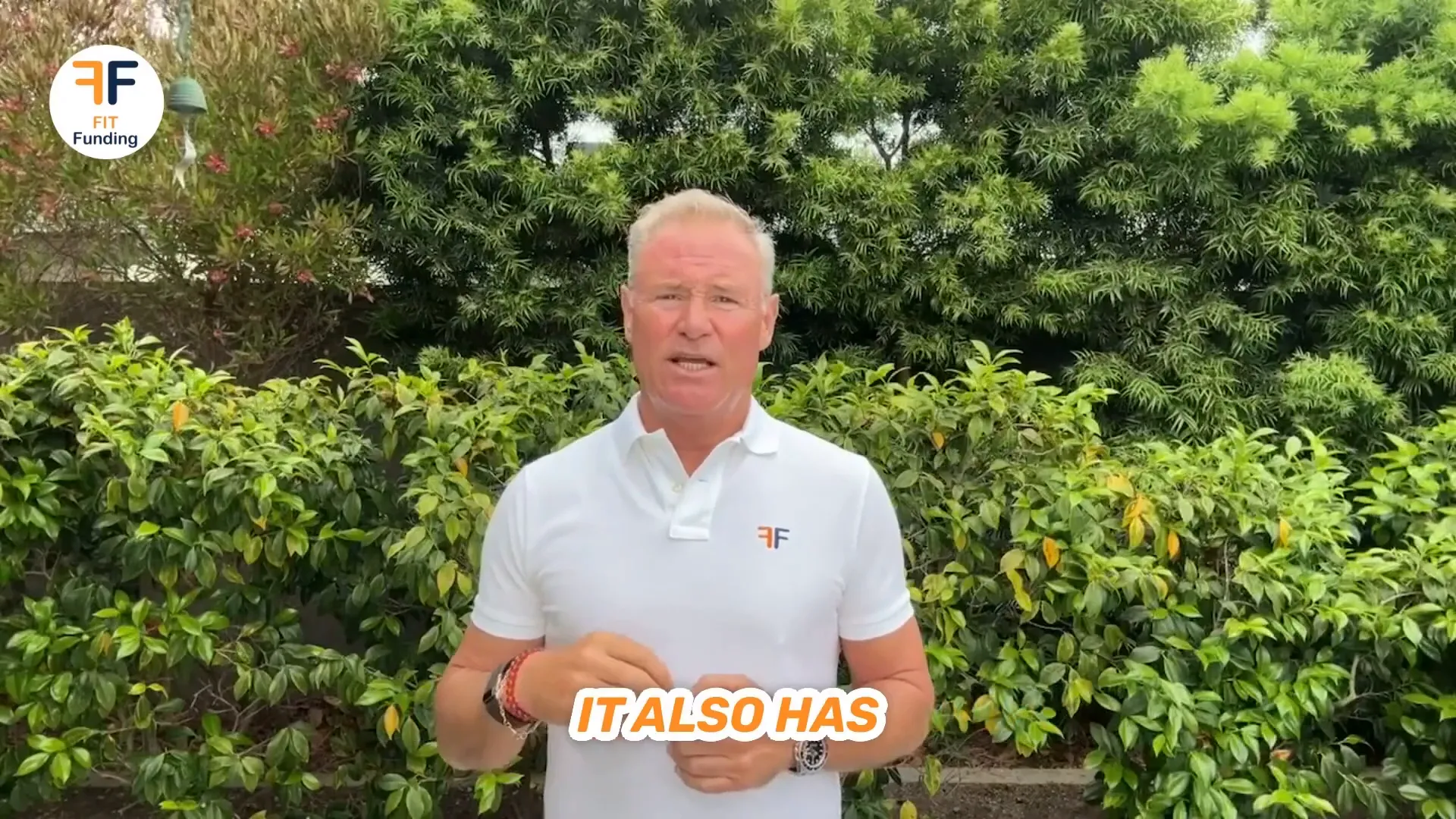
Critics of privatization warn that shifting this risk onto private investors could destabilize the housing finance system during economic downturns. Remember the 2008 crisis, when the housing bubble burst and taxpayers had to foot the bill to keep these entities afloat?
The big question is: do we want to risk repeating that history?
Broader Housing Market Implications 🌍
Fannie Mae and Freddie Mac don’t just support individual homeowners—they underpin the entire mortgage ecosystem. They buy loans from lenders and package them into mortgage-backed securities that are sold to investors, ensuring liquidity in the market.
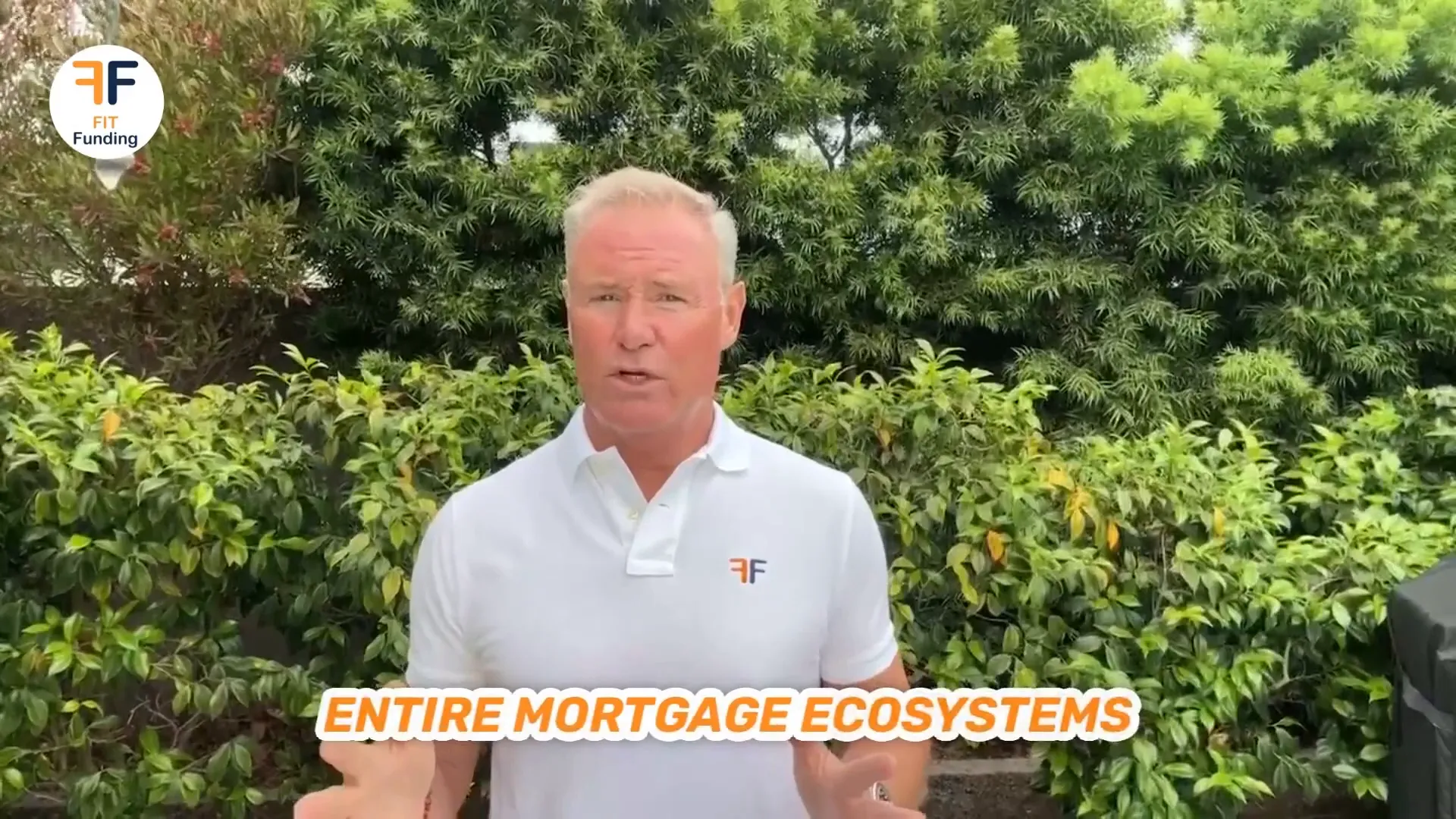
If these entities were to operate fully privatized or under tighter restrictions, it could shake investor confidence, reduce liquidity, and shrink the pool of available funding for lenders. The end result? Fewer loan options and possibly higher costs for borrowers like you.
Balancing Innovation and Stability ⚖️
Privatization could introduce more competition and innovation among lenders, potentially benefiting well-qualified borrowers in the long term. But losing the government guarantee could also increase market volatility, making loans pricier and less accessible for everyday Americans.
At Fit Funding, we’re committed to helping homeowners navigate these complexities. Whether privatization happens or not, our goal is to empower you with the information you need to make smart mortgage decisions.
Conclusion: What’s Next for Fannie Mae and Freddie Mac? 🔮
The future of Fannie Mae and Freddie Mac isn’t just a policy debate—it’s a question of how to ensure every American has a fair shot at homeownership without putting undue strain on taxpayers or the financial system.
Our mission remains clear: to guide you through uncertainty and help you seize new opportunities as the mortgage landscape evolves.
If you’re a homeowner, prospective buyer, or just want to understand how these changes could affect your financial future, stay connected with Fit Funding. We’ll keep you informed and empowered every step of the way.
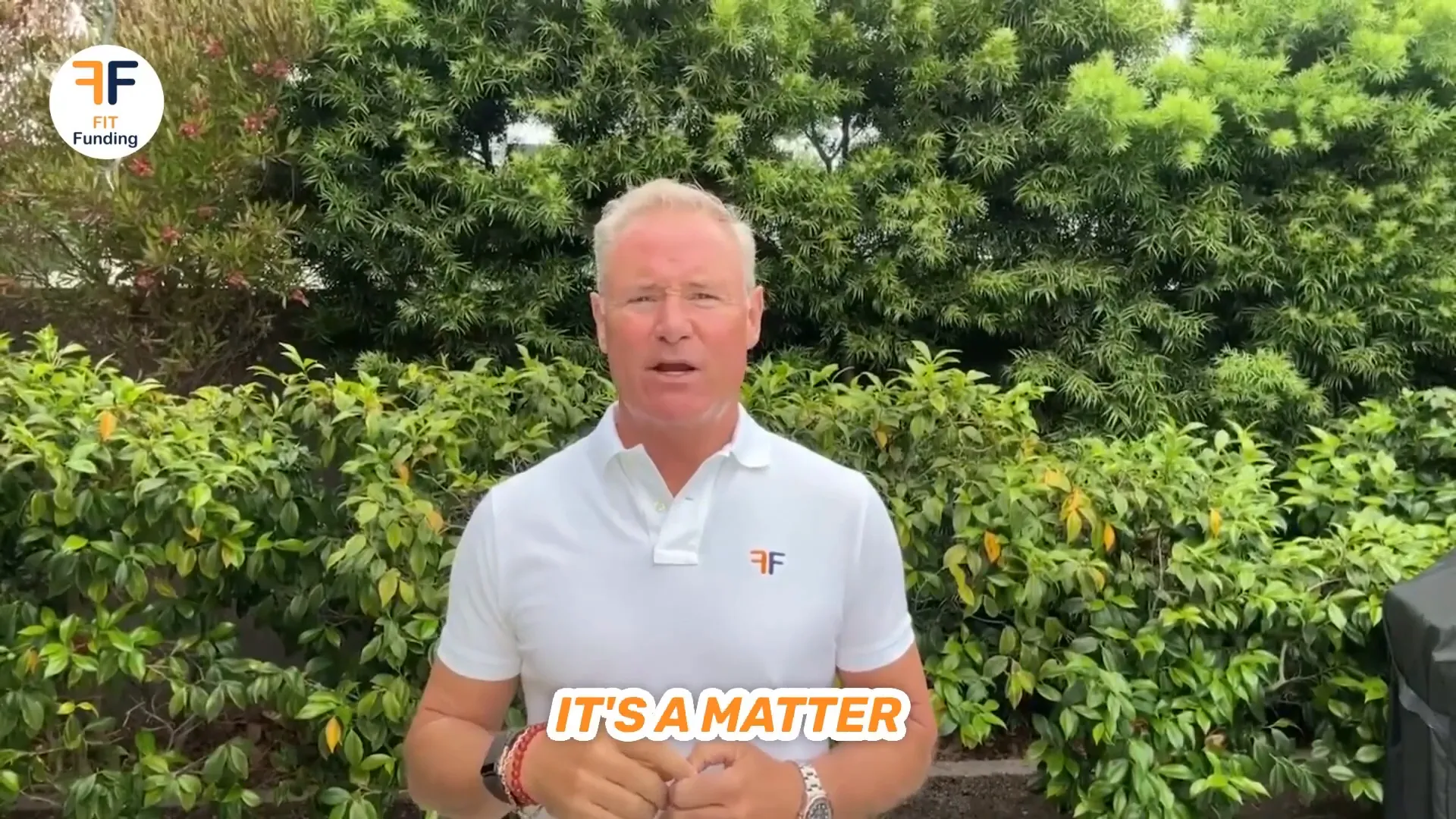
Frequently Asked Questions (FAQ) ❓
Will Fannie Mae be privatized soon?
The timeline for privatization is uncertain and subject to ongoing political and economic debate. Discussions continue around whether these entities should return to private hands or remain under federal conservatorship indefinitely.
How would privatization affect my mortgage rate?
Privatization could lead to higher mortgage rates because the implicit government guarantee would be removed. Loans might become more expensive and approval criteria stricter, especially impacting first-time buyers and refinancing families.
What risks does privatization pose to taxpayers?
Currently, taxpayers absorb the risks when Fannie Mae and Freddie Mac face financial trouble. Privatization would shift this risk to private investors, potentially reducing taxpayer exposure but increasing market volatility during downturns.
How does Fannie Mae support the housing market?
Fannie Mae buys home loans from lenders and packages them into securities sold to investors. This process keeps funds flowing into the mortgage market, ensuring lenders can offer loans and homeowners have options.
What should homeowners do amid this uncertainty?
Stay informed and work with trusted mortgage professionals who can help you navigate changes. Whether privatization happens or not, being prepared and understanding your options is key to making the best financial decisions.

<div style="flex: 1; text-align: center; display: flex; flex-direction: column; justify-content: center; align-items: center;">
<h3 style="font-weight: bold; color: #213343; margin-top: 8px;">Fit Finding</h3>
<p style="color: #213343;">Let’s Find You the Perfect FIT</p>
<a href="https://www.fitfunding.com/purchase/" target="_blank" style="padding: 12px 24px; text-decoration: none; border-radius: 8px; background-color: #FF5C35; color: #FFFFFF">
Get a Quote
</a>
</div>This article was created from the video Will Fannie Mae & Freddie Mac: Privatization Raise Your Mortgage Rate? 🤔 with the help of bigvid.ai
